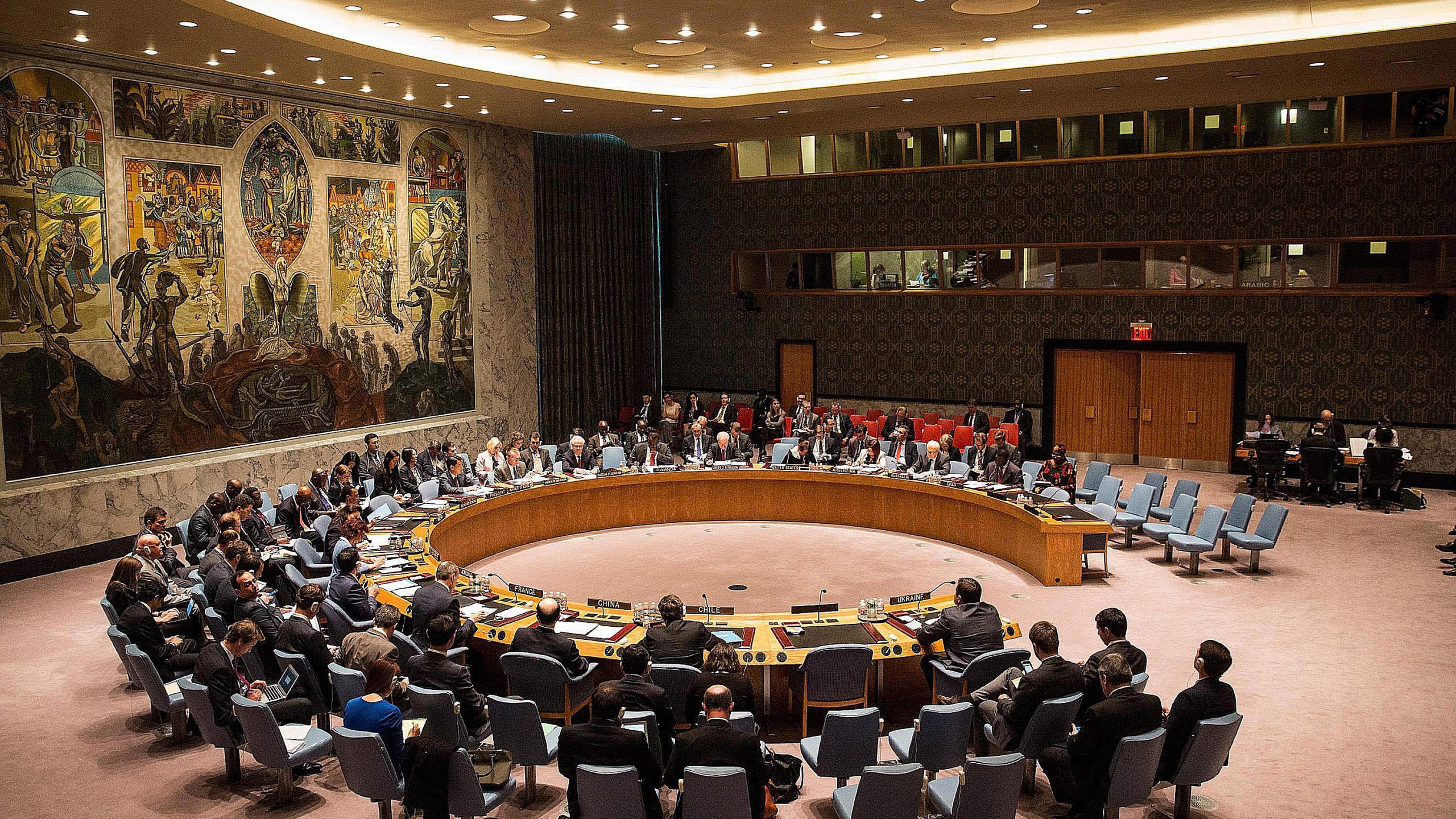News Highlight
The recently concluded United Nations General Assembly (UNGA) meeting and the external affairs minister’s visit to the US have set the stage for a range of bilateral and multilateral diplomacy by India.
Key Takeaway
- The minister visited just after the recently concluded Shanghai Cooperation Organisation (SCO) meeting in Samarkand. India’s varied multilateral engagements showcase a road map for India’s renewed multilateral diplomacy.
77th General Assembly.
- The 77th UN General Assembly will occur from September 13 to 27, 2022.
- The theme of the 77th General Assembly seeks “A watershed moment: transformative solutions to interlocking challenges.”
- At the heart of India’s participation in the 77th General Assembly is the call for a “reformed multilateralism” through which the United Nations Security Council Council (UNSC) should reform itself into a more inclusive organisation representing the contemporary realities of today.
United Nations Security Council
- About
- The UN Security Council is the premier global body for maintaining international peace and security.
- Established by the UN Charter in 1945, the UN Security Council, or UNSC, is one of the six principal organs of the United Nations.
- It is headquartered in New York.
- UNSC is the only UN body with the authority to issue binding resolutions to member states.
- Composition of UNSC:
- The UNSC consists of 15 members.
- The Security Council has five permanent members:
- China.
- France.
- Russia.
- The United Kingdom.
- The United States.
- These members are collectively known as the P5. Any one of them can veto a resolution.
- The council’s ten elected members, who serve two-year, non-consecutive terms, are not afforded veto power.
- These members are elected by a two-thirds vote of the UN General Assembly.
- Presidency of the UNSC:
- The council’s presidency is a capacity that rotates among its 15 members.
- The presidency changes hands every month between its members in the English alphabetical order of the member states’ names.
The group supports the UNSC’s reform.
- G4:
- Brazil, India, Germany, and Japan.
- L.69 Group:
- The L.69 group’s vast membership spread over Asia, Africa, Latin America, the Caribbean, and Small Island Developing States could bring about a broader global consensus on the issue of the UNSC reforms.
The shortcomings of the UNSC:
- Institutional limitations during the COVID Pandemic:
- It highlighted the UN’s institutional limitations when countries closed their borders, interrupted supply chains, and almost every country needed vaccines.
- Failed to prevent war:
- The UN led multilateralism has been unable to provide robust mechanisms to prevent wars.
- The ongoing Russia-Ukraine war has loomed large over several deadlocks in UNSC resolutions since the war broke out in February.
- China’s rise:
- The limitations of the UNSC have also been highlighted by China’s rise, hostility, and aggression, which have been on display through its activities in the South China Sea, the Indo-Pacific area, and now increasingly globally.
Need for UNSC reforms
- To face new challenges:
- The UNSC was set up 75 years ago with the principal aim of maintaining world peace and security.
- It has succeeded in decolonisation and preventing another world war.
- However, the 21st-century world is very different from the 20th century and poses many new problems and realities.
- In order to face new issues and challenges,such as cross-border terrorism and cybercrime, the expansion of the UNSC is inevitable.
- Institutional accountability:
- India’s call for the structural overhaul of global multilateral institutions-UNSC- incorporates institutional accountability and a more comprehensive representation of developing countries.
- Inclusivity:
- For a global organisation such as the UNSC, the growing stakes of developing countries in the Security Council could foster inclusivity, trust, and leadership worldwide.
- Developing countries like India must be stakeholders in multilateral institutions and be involved in decision-making.
- Troop contribution:
- More than 2,53,000 Indians have served in 49 of the 71 UN Peacekeeping missions established worldwide since 1948.
- Currently, around 5,500 troops and police from India have been deployed to UN peacekeeping missions, the fifth highest amongst troop-contributing countries.
- Global peace efforts:
- India rescued not only Indians but also many people from other countries, including Pakistan and the USA, from war-ravaged Yemen and South Sudan under its operations Rahat and Sankat Mochan, respectively.
- During the COVID pandemic, India was one of the countries that distributed its vaccine globally through its “Vaccine Maitri”.
- Backing from major powers:
- India enjoys the backing of four permanent members other than China and those of the African Union, Latin America, Middle Eastern countries and other least developed countries (LDCs) from different parts of the globe.
- Reference of former secretary general:
- The UN security council must take in new permanent members or risk becoming increasingly irrelevant on the international stage, former secretary general Kofi Annan said.
- Founding member:
- India was among the founding members of the United Nations. Hence, India aspires to get a permanent membership in the UNSC.
Content Source: The Hindu



